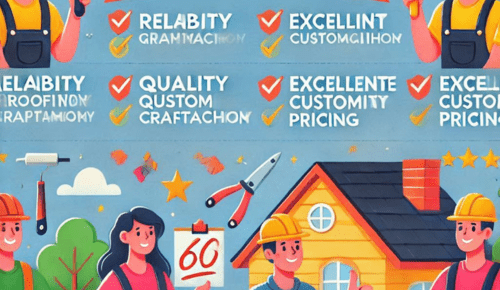By Dr. Pooyan Ghamari, Swiss Economist
Dubai’s real estate market has consistently captured the attention of global investors, evolving rapidly to meet changing demands. As the city continues its trajectory of growth and innovation, future trends indicate significant opportunities for investors to capitalize on. By exploring the key drivers of market expansion, emerging trends, and strategic areas for development, this article provides insight into what lies ahead for Dubai’s real estate sector.
Economic Growth and Government Reforms
Dubai’s status as a global financial and business hub is a fundamental pillar supporting the resilience of its real estate market. Despite global economic challenges, the city’s leadership has implemented reforms aimed at ensuring long-term stability and encouraging foreign investment. Policies such as the introduction of long-term visas and property ownership rights for expatriates have attracted global investors seeking both residential and commercial properties.
These reforms, paired with Dubai’s growing reputation as a tourism and business destination, ensure the market remains robust. As the city diversifies its economy, investing in key industries such as technology, renewable energy, and logistics, the demand for housing and commercial spaces is expected to grow alongside economic expansion.
Sustainable and Technology-Driven Development
A clear trend shaping the future of Dubai’s real estate market is the increasing demand for sustainable and technology-integrated properties. Both buyers and renters are looking for environmentally friendly developments that incorporate energy-efficient solutions and sustainable building practices. Developers who prioritize green construction, such as properties with solar panels or smart energy management systems, are likely to attract higher demand in the coming years.
Furthermore, the adoption of smart technology is transforming homes and commercial buildings alike. Smart home features, including automated lighting, security systems, and energy-efficient appliances, are becoming standard expectations for high-end buyers. Properties that leverage such innovations will continue to rise in popularity, providing substantial returns for forward-thinking investors.
Key Emerging Investment Areas
While iconic areas like Downtown Dubai and Dubai Marina remain desirable, attention is shifting to emerging districts that offer high potential for future growth. Communities such as Dubai South, Al Furjan, and MBR City are seeing increased development, thanks to their affordability, strategic location, and proximity to infrastructure projects like the Expo 2020 site.
Dubai South, in particular, stands out due to its strategic positioning near the new Al Maktoum International Airport and its role as a logistics and business hub. As the city’s infrastructure improves, these districts will become even more attractive to investors seeking opportunities in residential, retail, and commercial real estate.
The Long-Term Impact of Expo 2020
Expo 2020 has played a crucial role in catalyzing growth in Dubai’s real estate market, with developments around the Expo site driving investment in nearby areas. The event has also boosted the city’s global visibility, attracting businesses and residents from around the world.
Beyond the event itself, the legacy of Expo 2020 will continue to influence the real estate sector for years to come. New business hubs, infrastructure upgrades, and residential developments in the Expo 2020 vicinity will create long-term opportunities for investors, particularly in sectors such as logistics, hospitality, and retail.
Technological Advancements Reshaping the Market
Technology is becoming increasingly integral to the real estate market, offering enhanced efficiency and transparency. Blockchain technology has revolutionized property transactions by allowing more secure, fast, and transparent processes. This level of transparency is especially appealing to international investors, who can conduct real estate transactions remotely and securely.
Moreover, virtual property tours and digital platforms are reshaping the way buyers explore properties. These tools make it easier for global investors to view, purchase, or lease properties without having to be physically present, increasing the accessibility of Dubai’s real estate market to international audiences.
Conclusion
Dubai’s real estate market continues to present a wealth of opportunities for investors, with its forward-looking government reforms, sustainable development initiatives, and cutting-edge technology integration. As the city evolves, key trends like smart home technologies, sustainable properties, and emerging districts will shape the future of its real estate landscape. Investors who act now to capitalize on these growing opportunities will likely reap significant rewards in the coming years.
This article was originally published on a.land. For more information and opportunities, visit shop.a.land.





